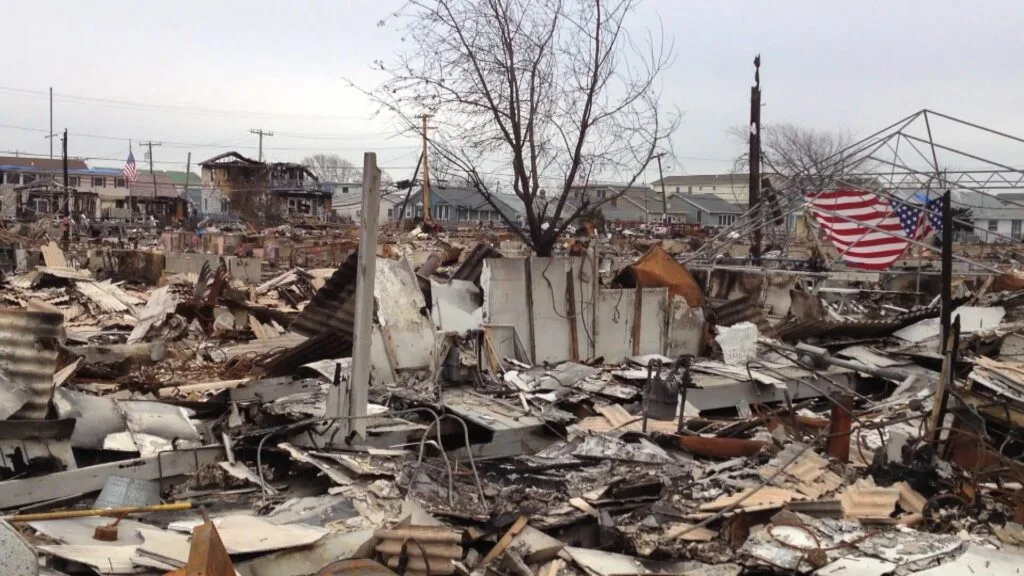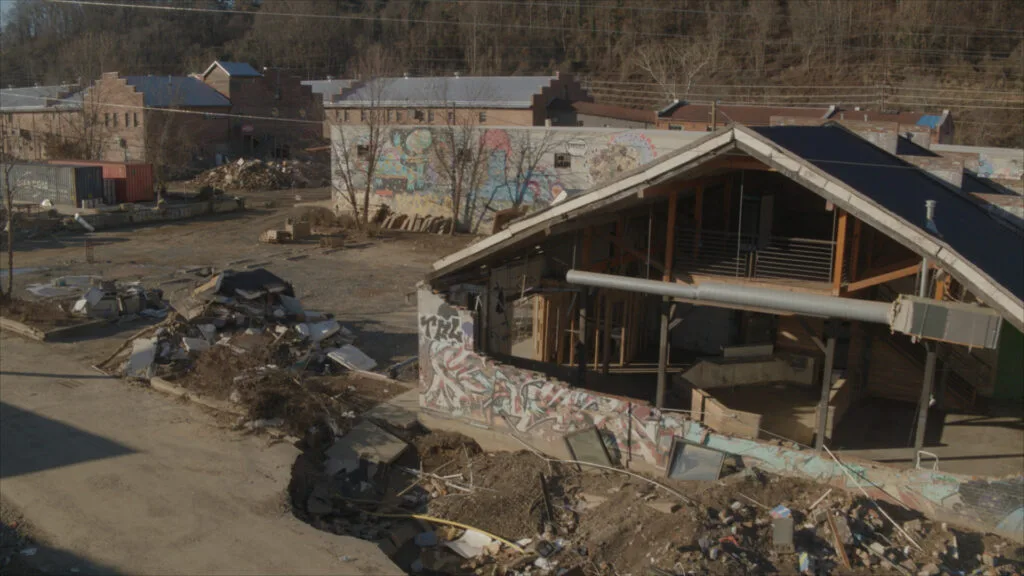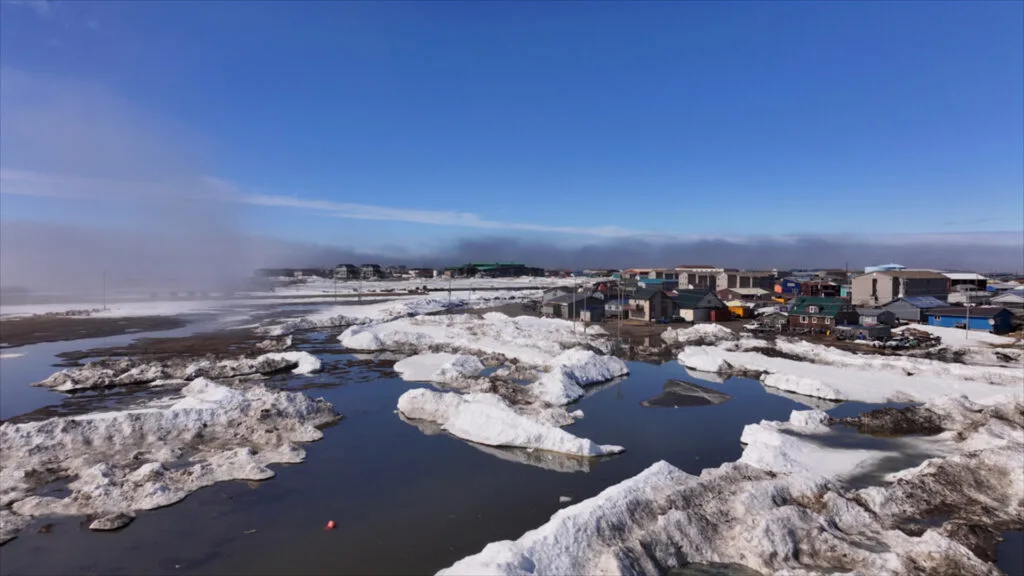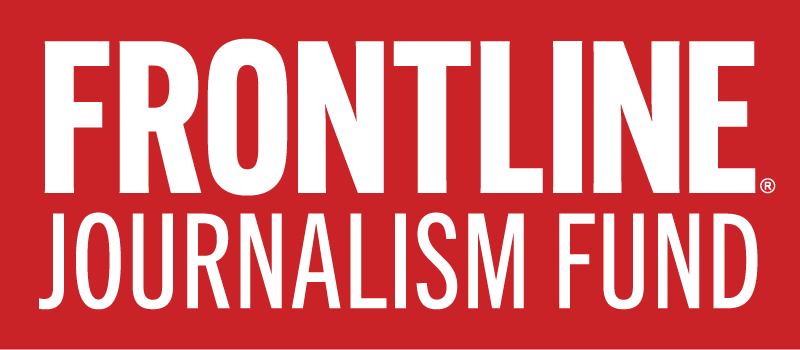Flood Insurance Program is Vulnerable to Fraud, Says N.Y. Attorney General
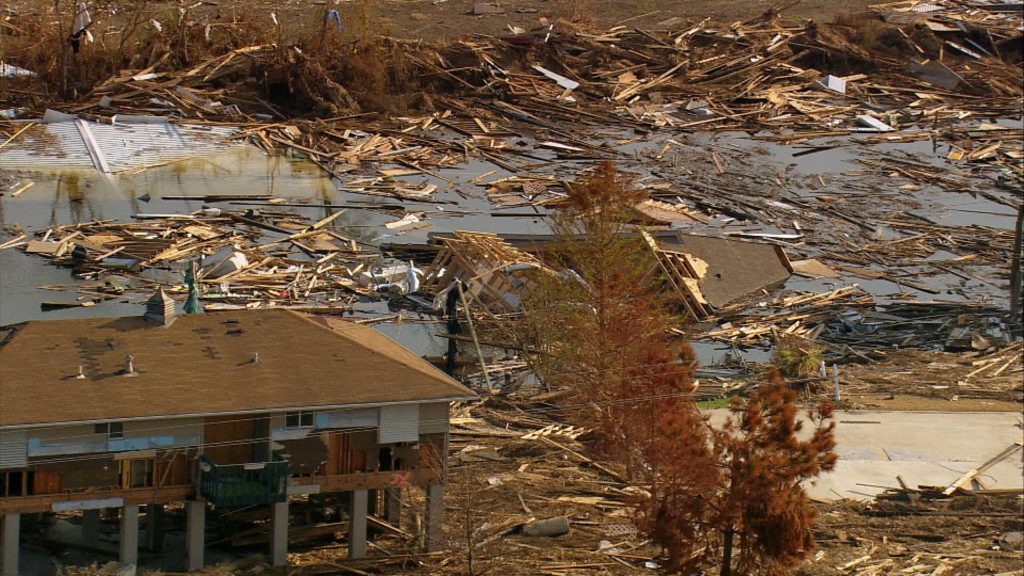
August 2, 2016
Share
Four years after Superstorm Sandy devastated stretches of New Jersey and New York, leaving thousands of homeowners in need of recovery assistance, the New York Attorney General has released a report warning that a lack of accountability in the National Flood Insurance Program could be costing taxpayers millions.
The report, released Monday by Attorney General Eric Schneiderman, said that a broken claims process between private insurers and the NFIP has led to increased expenses, “defrauding the federal government of possibly millions of dollars.” According to the report, a “lack of transparency and accountability can and does lead to inflated costs for services.”
The report comes a little more than two months after a FRONTLINE investigation with NPR found that the private insurance companies charged with administering the country’s flood insurance program — which is run by the Federal Emergency Management Agency — tend to profit in the immediate aftermath of a flood disaster. The analysis showed that between 2011 and 2014, total profits for companies in the program averaged around $325 million a year — near a 30 percent profit rate before taxes. Profits were highest after disasters: In the wake of Sandy, the companies made roughly $400 million, according to the analysis. Representatives of the insurance industry disputed those numbers, saying profits were closer to 10 to 15 percent after taxes.
On Monday, Schneiderman also announced the first criminal charges tied to the aftermath of Superstorm Sandy. Following the storm, hundreds of homeowners filed lawsuits against insurance companies saying they were systematically underpaid on their flood claims. In a 50-count indictment, Matthew Pappalardo and his former employer, HiRise Engineering, were charged with 25 counts of forgery, and Pappalardo was additionally charged on 25 counts of unauthorized practice of engineering. The charges allege that damage assessments written by engineers on the ground were changed by HiRise employees under the direction of Pappalardo, and submitted to insurance adjusters leading to the underpayment or denial of homeowners flood claims.
“Fraudulently altering engineering reports undermines the integrity of the entire FEMA claims process, which homeowners and families rely upon in a time of crisis. Today’s charges reveal a flagrant disregard for the well-being and safety of New Yorkers, and my office will not tolerate it,” said Schneiderman in a statement.
The investigation also uncovered evidence of crimes that fall outside the jurisdiction of the New York attorney general, and they have been referred to the U.S. Department of Justice, Monday’s statement said.
Nearly all flood insurance sold in America is offered through the NFIP, which is administered by the Federal Emergency Management Agency. The government partners with private insurance companies that market, sell and service the insurance policies for homeowners. While the program was designed with the intention of shielding taxpayers from paying for costly disaster relief, it’s now billions of dollars in debt.
The attorney general’s report pointed to flaws in how flood insurance is sold to customers — saying it provides little clarity on what is and isn’t covered by their policies — and how the claims process works, failing to audit the private insurance companies that administer flood insurance and keeping customers in the dark about the documentation that leads to a decision on whether a claim is covered or denied.
In May, FEMA announced changes to the flood insurance program designed to provide it with more oversight of the insurance companies it works with and to give customers more information on how their claims were processed if they choose to appeal a decision.
In response to the New York attorney general’s report, Roy Wright, deputy associate administrator for insurance and mitigation at FEMA said in a letter, “FEMA has also implemented measures to ensure that we have more visibility and insight into expert fees and bills, and we are developing additional standards for NFIP insurers when obtaining outside services to ensure that costs are justified and documented.”
Schneiderman’s report also specifically pointed to the inadequate training and certification of engineers brought in to assess the structural damage to homes in the wake of a flood. The report cited “scores of instances” where the engineers who were brought in to do such assessments were electrical or mechanical engineers, rather than experts in structural engineering.
The attorney general made a series of recommendations, including providing a sheet written in plain language that would explain to customers what’s covered by their policies and what isn’t; providing customers with all the reports and documentation that determine whether a flood claim is covered or denied; implementing a national certification process for engineers doing damage assessments; and ensuring transparency on fees paid to engineering experts.

Related Documentaries
Latest Documentaries
Related Stories
Related Stories
Policies
Teacher Center
Funding for FRONTLINE is provided through the support of PBS viewers and by the Corporation for Public Broadcasting. Additional funding is provided by the Abrams Foundation; Park Foundation; the John D. and Catherine T. MacArthur Foundation; and the FRONTLINE Journalism Fund with major support from Jon and Jo Ann Hagler on behalf of the Jon L. Hagler Foundation, and additional support from Koo and Patricia Yuen. FRONTLINE is a registered trademark of WGBH Educational Foundation. Web Site Copyright ©1995-2025 WGBH Educational Foundation. PBS is a 501(c)(3) not-for-profit organization.
